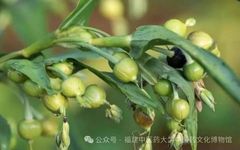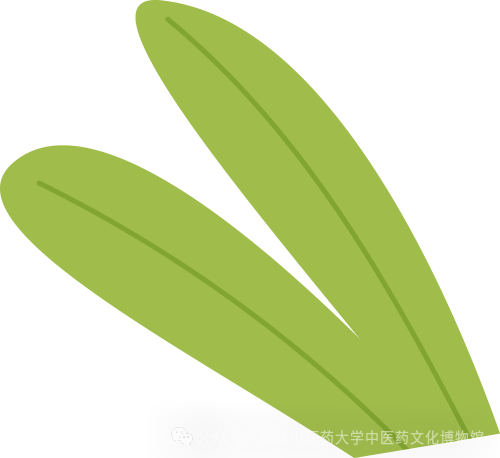
Click the blue text to follow us

With the recent increase in rainfall, the humidity during the spring and summer seasons has become heavier. We recommend a medicinal herb from Fujian known for its ability to dispel dampness—Yi Yi Ren (Coix Seed).
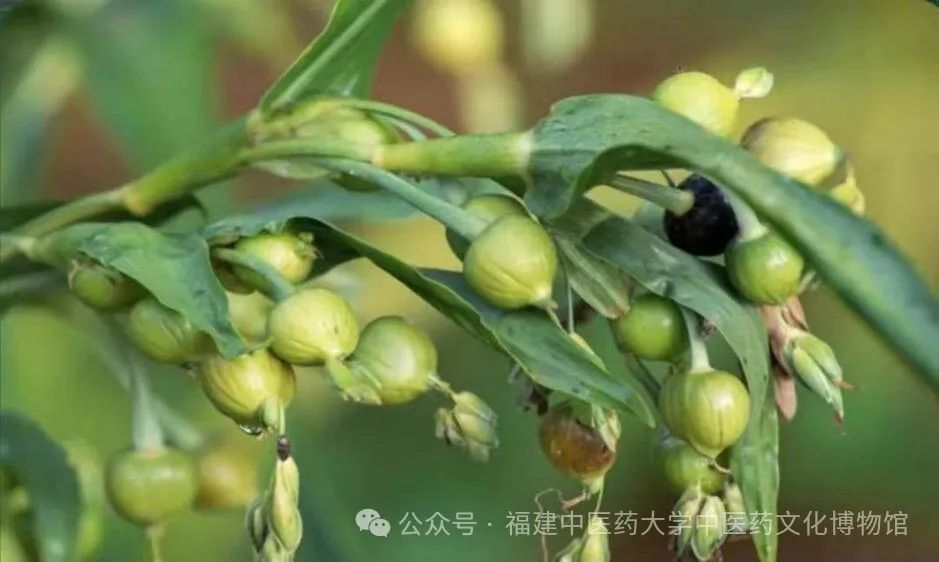
Yi Yi Ren (Coix Seed), also known as Job’s Tears, thrives in warm and humid environments, often found along riverbanks and streams, particularly in coastal Fujian, where the climate is relatively humid and hot, making it suitable for growth. Fujian has a long history of cultivating Yi Yi Ren, with three regions recognized for their geographical indication: Pucheng, Ninghua, and Jinsha. Pucheng Yi Mi (Coix Seed) is known for its large, white, round, and plump grains, earning it the nickname “pearl rice” and the title of “pearl of Coix Seed.” Ninghua is known as the “Hometown of Chinese Coix Seed,” with its Huai soil Yi Mi characterized by small, fragmented, powdery, glutinous, and fragrant qualities, making it a premium variety. Jinsha Yi Mi is noted for its small grains, deep grooves, round shape, high solid content, and hard shell, making it less prone to breakage. It is widely recognized in TCM that the smaller the grains of Yi Mi, the higher their medicinal value.
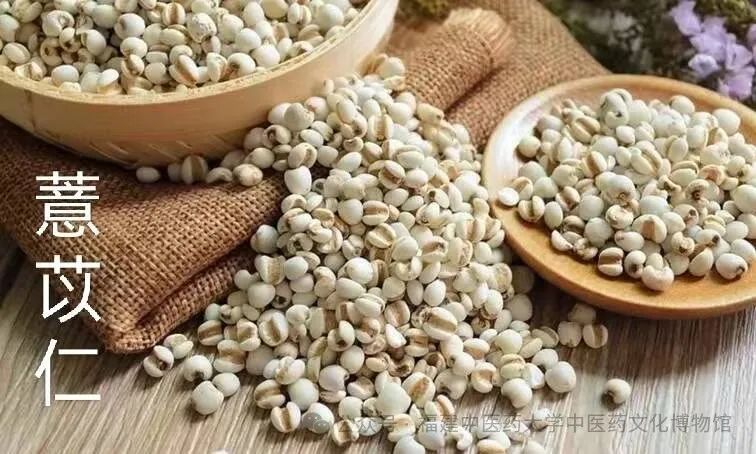
The processing of Yi Yi Ren in Fujian typically involves sand roasting until it expands, turns white, and cracks. This method enhances the medicinal properties of Yi Yi Ren.
Yi Yi Ren has significant medicinal value, known for its ability to promote urination and drain dampness, strengthen the spleen and stop diarrhea, dispel wind, expel pus, detoxify, and resolve masses. According to the Book of the Later Han: Biography of Ma Yuan, the Eastern Han general Ma Yuan fought in the humid and miasmic southern mountains, and by consuming Yi Yi Ren, he could treat rheumatism and avoid the evil winds and miasma. As medicine has further developed, modern pharmacological studies have shown that Yi Yi Ren possesses multiple effects, including anti-tumor properties, enhancing immune function, lowering blood sugar, anti-inflammatory and analgesic effects, regulating lipid metabolism, and inhibiting osteoporosis [1]. The Kanglaite injection, developed by Academician Li Dapeng, is an oil preparation of Yi Yi Ren that has been widely used for the treatment or adjuvant therapy of lung cancer, liver cancer, and gastric cancer [2].
The nutritional value of Yi Yi Ren is also high, often referred to as the king of the Gramineae family, with its main nutritional components being fatty acids and esters, polysaccharides, and glycoproteins. Yi Yi Ren has a sweet, bland, and cool nature, entering the stomach, spleen, and lung meridians, primarily used for treating edema, urinary difficulties, and spleen deficiency diarrhea. According to the principle of food as medicine, Yi Yi Ren can also be used as a dietary ingredient, commonly prepared as porridge or soup, which is delicious and can strengthen the spleen and stomach while clearing heat and dispelling dampness, such as in winter melon and Yi Mi duck soup. Cooking Yi Yi Ren with winter melon for children can help clear heat and drain dampness. It also has beautifying effects for women, but those with severe spleen and stomach deficiency and cold should avoid it, and it is contraindicated for pregnant women.
As a local medicinal material from Fujian, Yi Yi Ren can strengthen the spleen, dispel dampness, clear heat, and expel pus, enhancing people’s immune systems. It serves as both a medicinal and culinary ingredient, integrating into our lives and exerting its benefits.
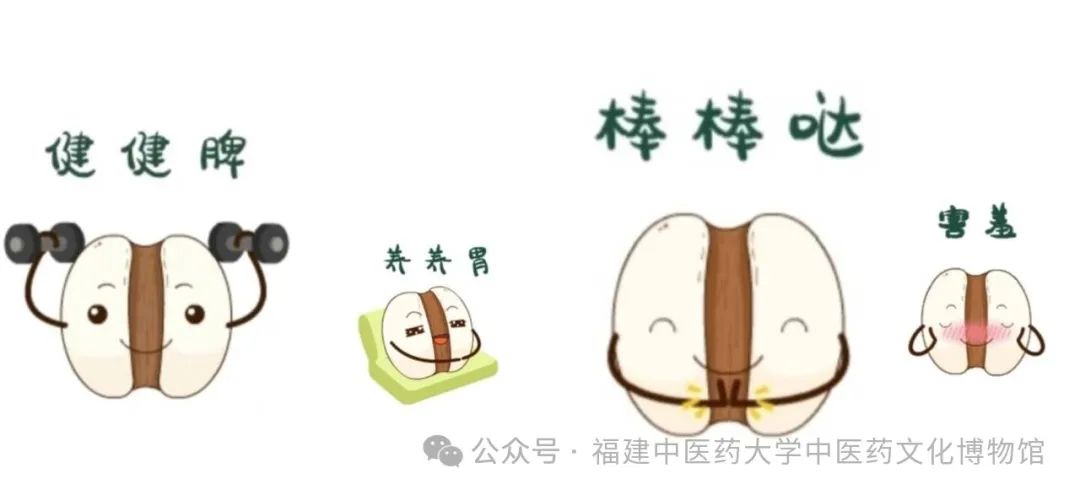
References
[1] Fu Jingju, Dong Xue, Zhong Fangxiao, et al. Nutritional Composition and Modern Pharmacological Research Progress of Yi Yi Ren [J]. Grain and Oil Food Science and Technology, 2023, Vol. 31(1): 93-99.
[2] Wang Qingxia, Yu Jiahao, Zhang Lianfu. Chemical Composition Analysis of 8 Types of Yi Yi Ren Oil [J]. China Oils and Fats, 2018, 43(8): 63-67+75.

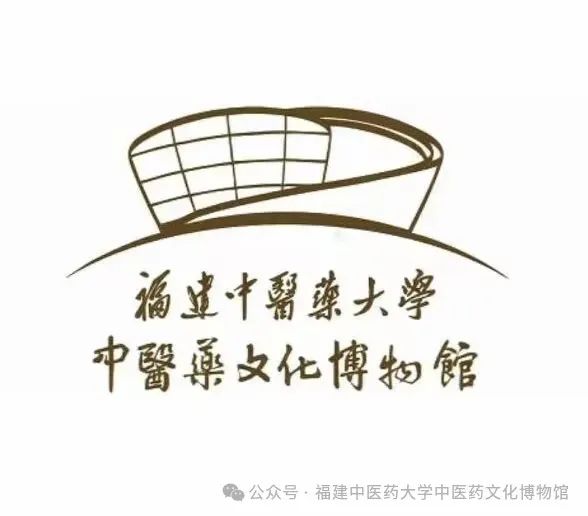

Author: Zhang Weiya
Editor: Zhang Yixiao
Proofreader: Huang Zhiteng
Reviewer: Zhang Min
Auditor: Qiu Ya

